We all enjoy watching anime. The vibrant, colorful landscapes, attractive characters, and captivating scenes are all part of the appeal. However, many people are unaware of the significant amount of pain and hard work that goes into creating these animations.
The Japanese anime industry harbors some dark secrets rarely brought to light. Animators work for an entire week without any rest, and what do they get in return? A small amount of salary and a shot of depression.
Look Back Anime Director Revealed His Tight Work Schedule
Look Back is an anime movie about an elementary schooler with a talent for drawing manga. The anime will be released in Japanese theaters on June 28, but it premiered early on June 1 at the Annecy International Animation Film Festival.
The movie director, Kiyotaka Oshiyama, disclosed that he had been tirelessly working on the movie until the day before the early premiere and hadn’t taken a day off in over 2 months.
Due to the tight deadline, the director didn’t even get the chance to go home and rest. Even fans are unsure if they can call it dedication or just poor work conditions.
Some think he has been doing everything himself, pushing himself to his limits. At the same time, others think he is dedicated to his work and is passionate about working hard.
Even though the director didn’t reveal if he was forced to work overtime, Japanese animators like him are actually struggling with their work conditions. And this is not the only time it is happening.
Studios That Are Rumoured to Have Poor Work Conditions
MAPPA
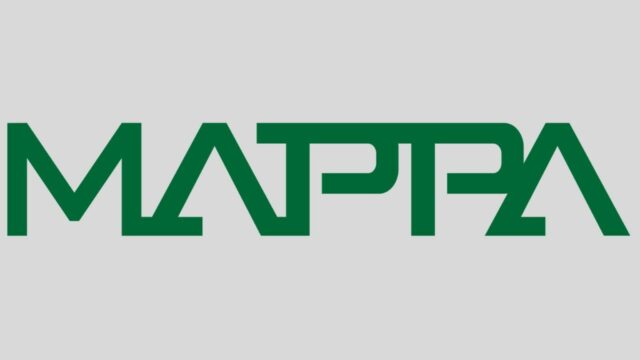
MAPPA is the biggest anime studio in the Japanese anime industry, and the studio undoubtedly produced masterpieces like Jujutsu Kaisen and Attack on Titan. However, the animators responsible for creating the scenes were abused. Yes, they had to endure a toxic work environment where the pay was very low and the workload was humongous.
The animators said that MAPPA continually overworks their staff, and they had to work overnight to fix drawings until the sun rose. The episode director and animator for AOT once infamously tweeted in 2022 that he couldn’t go home for three days.
The place I’m at now is basically messy and not worth it, so if you want to work hard, you’d better not get involved. It might be a good place if you want to do things casually and get paid casually. On the other hand, it’s messy, but there are plenty of opportunities and they’re doing some noteworthy works, so it might be good for newcomers to make a name for themselves. But it seems like it’s best not to get involved if you want to work hard.
Things heated up in the middle of JJK season 2 when many animators confirmed that MAPPA was forcing an immense amount of work for a very small amount of pay.
Episode 14 turned out to be the turning point, as the animation quality was a clear step-down. They were made to demand a delay but later were denied. As a result, episode 17 was only 30% done when it was released.
Madhouse
A production assistant working at Madhouse, an anime production company affiliated with Nippon Television Network Corporation, known for such works as “Summer Wars” and “The Girl Who Leapt Through Time,” has joined the Black Company Union, seeking unpaid overtime wages, improvements to long working hours, and an apology for power harassment by staff. Today, we have requested collective bargaining!
Madhouse is a famous studio responsible for creating One Punch Man and Death Note. However, the studio doesn’t fall short of MAPPA regarding poor work conditions.
Animators claimed that they had to overtime around 393 hours, which was unpaid. They were even harassed and abused when they didn’t meet the deadline. One of the animators was even hospitalized due to the immense pressure and workload.
Conclusion
The anime industry is making record profits, but animators’ working conditions have barely improved. In Japan, job security is high, but switching jobs is difficult.
There’s a culture of overworking, and not doing so can result in poor treatment. This inflexible system needs change, but it’s challenging to achieve in such a rigid society.
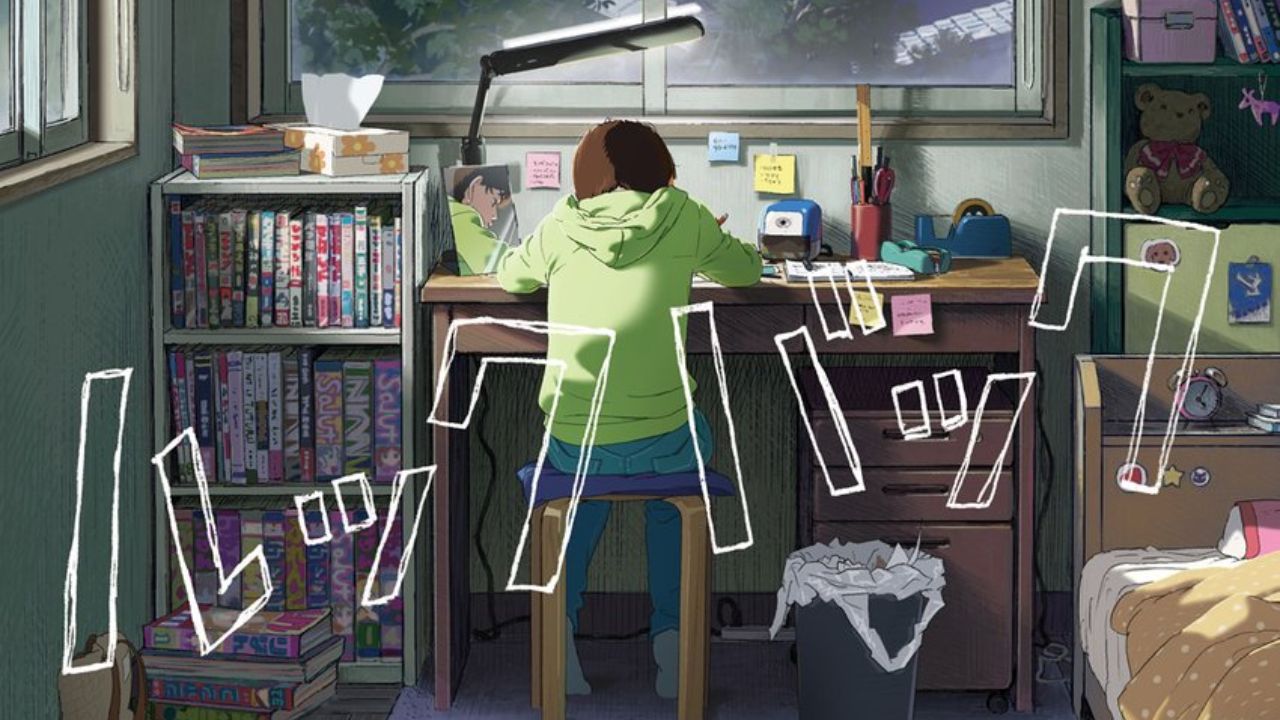

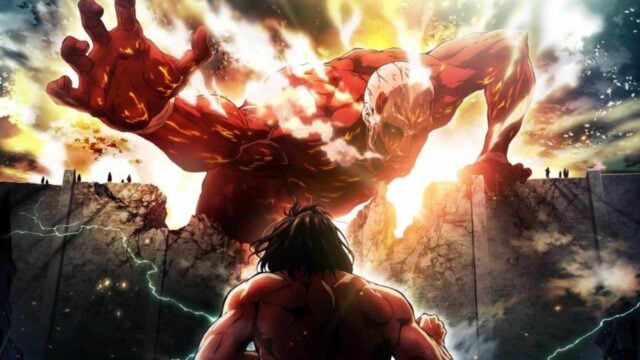


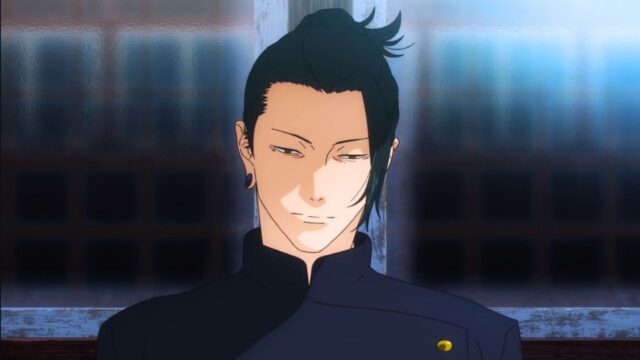


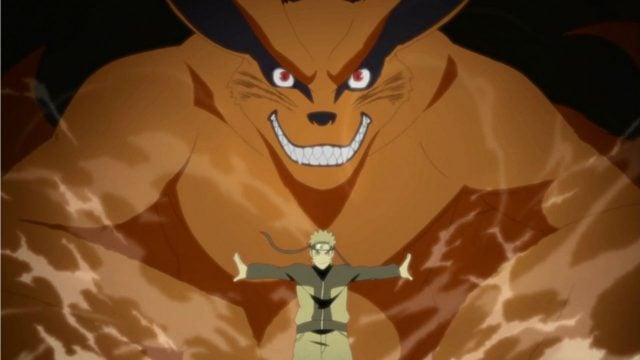
No Comments on Look Back Anime Director Reveals the Struggles in Japan’s Anime Industry